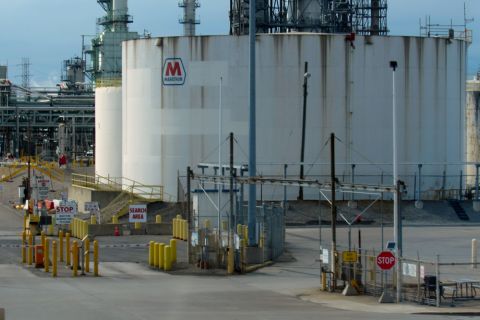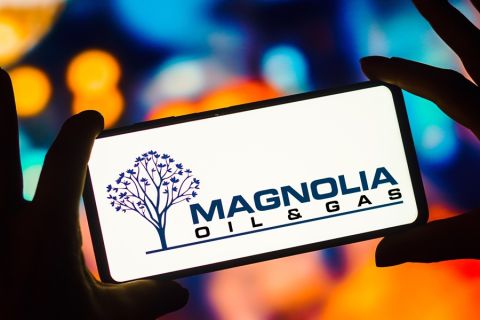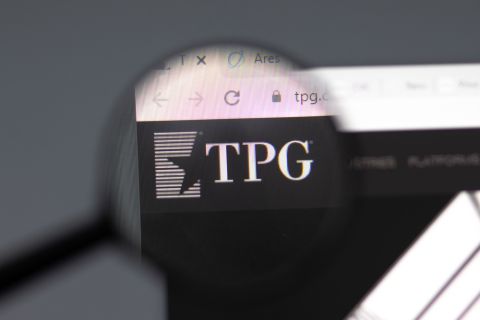I'm Deon Daugherty, editor-in-chief of [Hart Energy’s] Oil and Gas Investor Magazine with Corey Jordan of Equitable Origin. We're here today at the DUG Haynesville Conference in Louisiana.
Deon Daugherty, editor-in-chief, Oil and Gas Investor: So Corey, let's begin with the fact that you all are certifying 12% of North America's natural gas. How did you get to that point and where do you go from here?
Corey Jordan, senior sustainability advisor, Equitable Origin: Good question and thanks for having me on. Yeah, so we've been mostly active in Canada. At first, in 2017 we certified our first producer there, gas producer. Then we've been very active in the Marcellus. We see we've got one certification that we've done in the Haynesville and working on two or three others in the U.S. We have a goal to get into the Permian and get active there. And we also are looking at some projects in the northwest, in the Bakken and DJ Basin.
DD: So that leads into the next question of, how is the market developing itself for RSG [responsibly-sourced gas]?
CJ: Well, that has been real interesting. It's been a really fun project to be involved in. The registry itself, there's several different registries, let me say that to start. So you get these certifications and they get digitized or tokenized or something else -ized and they go on this registry. And then from the registry, you have a seller of those certificates and then a buyer of those certificates. And right now, we're a little buyer-light for the demand, but it's coming because we're getting a lot of questions and working out all the details and all the technical accounting details of following those molecules, if you will, of certified gas.
DD: Okay. And whenever you talk about certified gas, responsibly-sourced certified gas, it kind of begs the question, what about responsibly-sourced certified oil? Is that what's next? Is that even feasible?
CJ: Yes, there's a lot of companies interested in doing that with their oil-producing fields. As you know, there was a big movement away from gas when oil was worth so much versus gas. So there's a lot of those players out there. And yes, there's a lot of interest in that. We actually have, under our current standard for natural gas, we also have light oil. And light oil is considered anything lighter than 30 [API] gravity oil. So we already have that standard available and have at least one certification that has been provided to a producer that's got mostly oil on their plate.
DD: So do you foresee a time where the certifications for responsibly-sourced oil will be as hot as the certifications for responsibly-sourced gas?
CJ: I don't see why that wouldn't be because if you think about it, we're certifying the facility, we're certifying the production performance, the actual workflow of the producers, making sure that they're focusing on all of these different principles and targets and applying them to their production. And so whatever the commodity is, at some point we'll have an addendum ready for renewables and an addendum for hopefully hydrogen production. So, you know, we're not stopping with natural gas and light oil. We’re moving down the chain and moving down into other commodities as well.
DD: Sounds like it's got huge growth potential.
CJ: I believe it does.
DD: All right. Well thank you very much. Thank you, Corey Jordan with Equitable Origin. For more on his story, please check us out at hartenergy.com. Thanks.
Recommended Reading
Marathon Petroleum Sets 2024 Capex at $1.25 Billion
2024-01-30 - Marathon Petroleum Corp. eyes standalone capex at $1.25 billion in 2024, down 10% compared to $1.4 billion in 2023 as it focuses on cost reduction and margin enhancement projects.
Humble Midstream II, Quantum Capital Form Partnership for Infrastructure Projects
2024-01-30 - Humble Midstream II Partners and Quantum Capital Group’s partnership will promote a focus on energy transition infrastructure.
BP’s Kate Thomson Promoted to CFO, Joins Board
2024-02-05 - Before becoming BP’s interim CFO in September 2023, Kate Thomson served as senior vice president of finance for production and operations.
Magnolia Oil & Gas Hikes Quarterly Cash Dividend by 13%
2024-02-05 - Magnolia’s dividend will rise 13% to $0.13 per share, the company said.
TPG Adds Lebovitz as Head of Infrastructure for Climate Investing Platform
2024-02-07 - TPG Rise Climate was launched in 2021 to make investments across asset classes in climate solutions globally.





